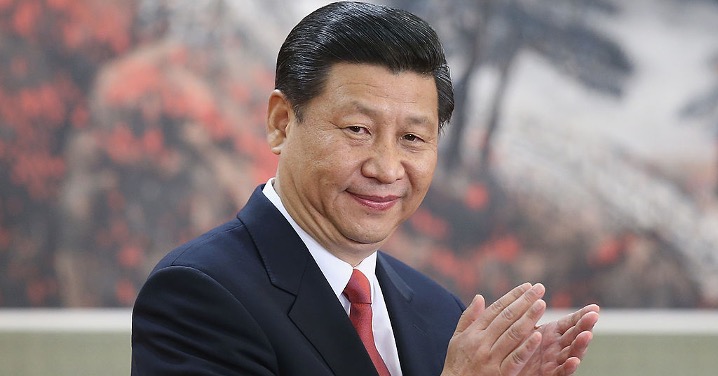In what would be a significant shake-up in China's international communications, President Xi Jinping reportedly told senior party leaders of the Politburo that they need to revamp its communication style and project a "loveable" image of China.
According to Bloomberg, citing state media Xinhua, Xi said that China needed to appear "trustworthy" and "respectable", and that it should "make friends extensively."
It added, "Beijing needed 'a grip on tone' in its communication with the world, and should 'be open and confident, but also modest and humble.'"
According to the Sydney Morning Herald, Xi called on all cadres to improve their international communication, and that this should be included in the party's school curriculum, with specific methods for different countries.
Wolf Warrior diplomacy
In recent years, and under Xi's leadership, China's diplomatic interactions with other countries have been marked by spats, name-calling, and a growing assertiveness.
Back in August 2020, Chinese Ambassador to the U.S. Cui Tiankai defended China's handling of the Covid-19 outbreak, after then-President Donald Trump accused China of failing to warn the world in time, and in a transparent manner.
Cui criticised the U.S. for giving "little attention" to the views of scientists as "some politicians are so preoccupied in their efforts for stigmatisation, for groundless accusations".
During the high-level meeting between U.S. and Chinese officials in Alaska in March 2021, China continued the tough rhetoric during discussions with the new Biden Administration.
China foreign policy chief Yang Jiechi said, "History will prove that those who force China into a corner will only end up getting hurt themselves."
Yang's assertive remarks were praised by Chinese netizens on popular microblogging platform Weibo.
Social media posts from Chinese officials have also raised the ire of countries like Australia. Foreign ministry spokesperson Zhao Lijian tweeted a doctored image of an Australian soldier holding a knife to the throat of an Afghani child.
https://twitter.com/zlj517/status/1333214766806888448?s=20
And in May, the official account of a Chinese government organisation on Weibo shared images that appeared to mock India's struggle to contain the Covid-19 outbreak and the mounting death toll.
Such instances could be chalked up to China's "Wolf Warrior" diplomacy, which boosts a growing "hybrid nationalism" in the Asian superpower, a mix of the older generation’s grievance over China’s "century of humiliation", and the younger generation’s “commercial nationalism” based on pride in China’s growing prosperity.
While such social media posts may be popular with the masses, it may have taken a toll on international relations.
Back in Oct. 2020, the Pew Research Centre found that negative views of China in advanced economies around the world have risen. China received low marks for its handling of the Covid-19 crisis (although better than the U.S.) and distrust in Xi to do the "right thing" in world affairs reached a new high.
Related stories:
Top image from Getty Images.
If you like what you read, follow us on Facebook, Instagram, Twitter and Telegram to get the latest updates.
